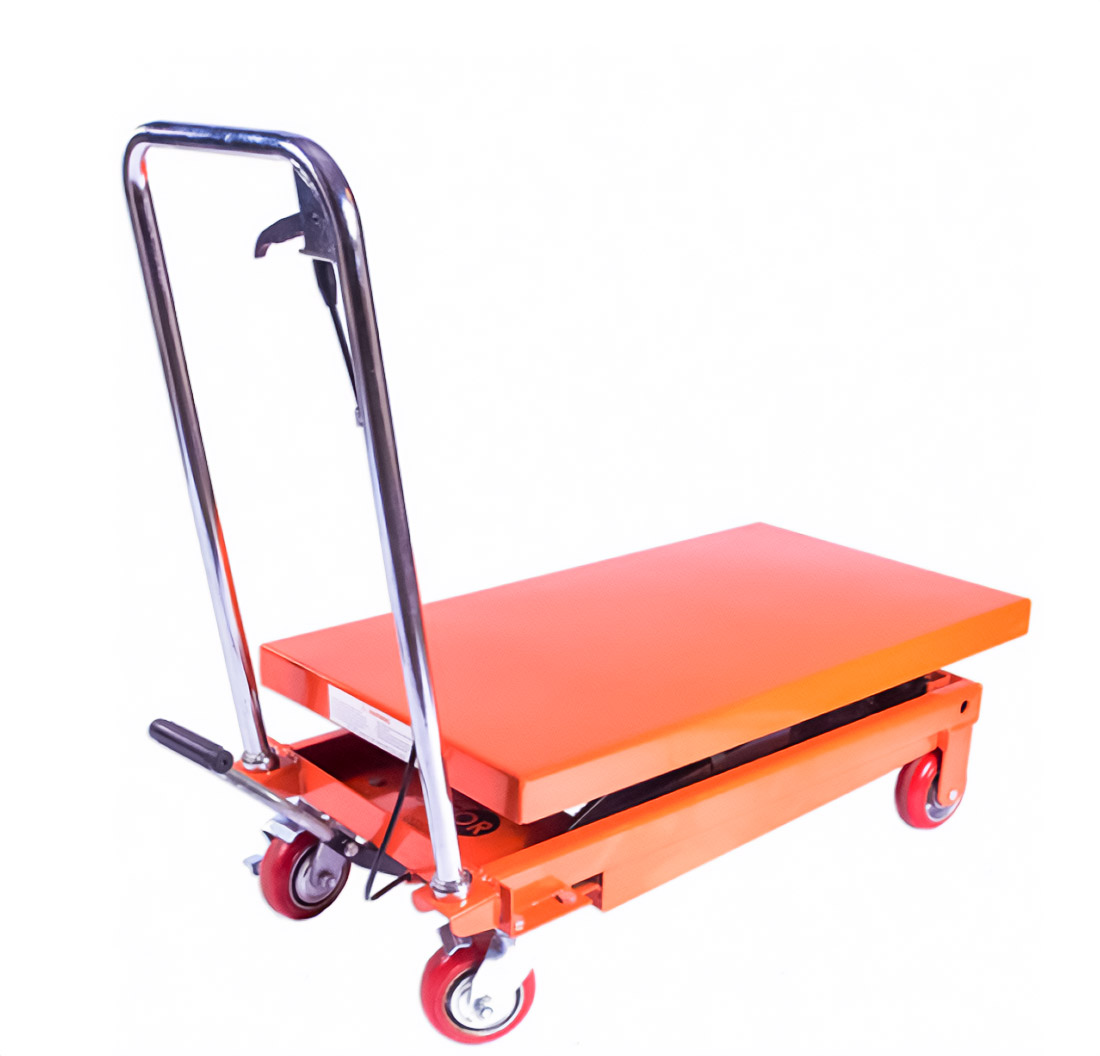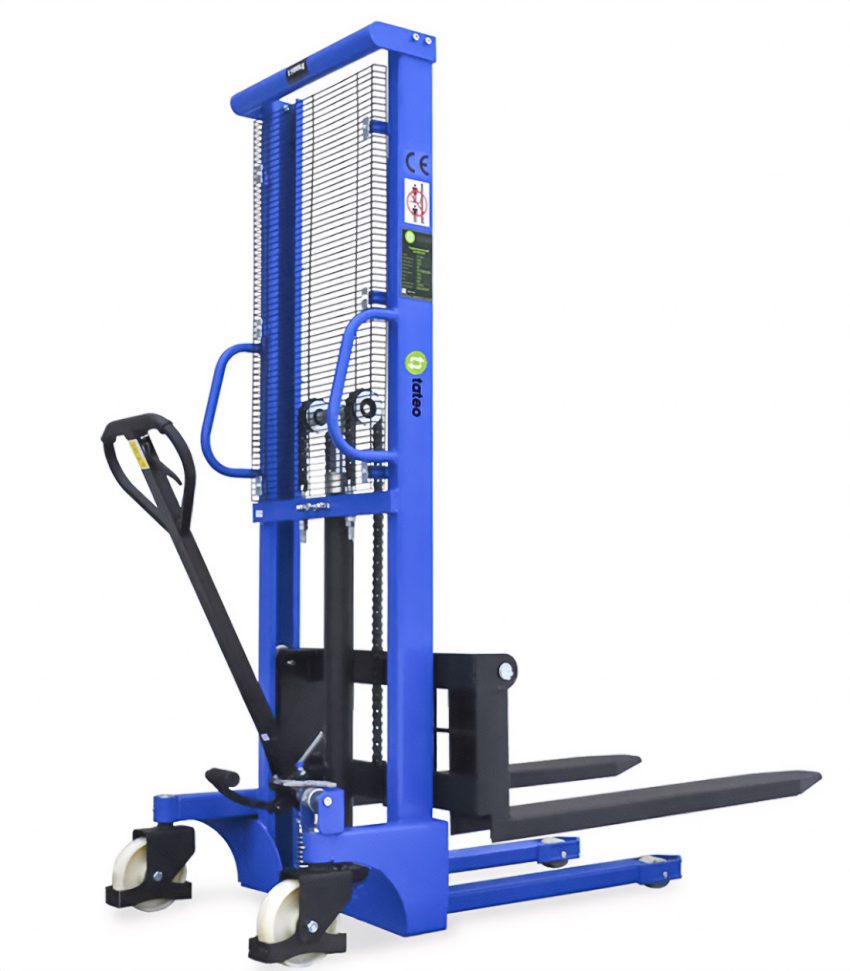The safety and effectiveness of crane operations in the United Arab Emirates are largely dependent on licensing and regulation. Strict regulatory orders are essential to preventing mishaps and ensuring safety on building sites since crane manipulations are linked to risks to life and property. Every year, the UAE invests almost $100 billion in the building industry, underscoring the necessity of strict supervision. Trillions of dollars can be spent on construction projects, especially in big cities like Dubai. Regulations are designed to protect the order of the 2.5 million workers in the industry by ensuring the safe operation of equipment that conforms with international standards. n this context, crane company in UAE plays an important role in compliance with these standards.
Labyrinth of Licensing and Regulation: Real Burden of Managing Cranes in UAE

Key Role of Licensing and Regulation in Safety
In order to guarantee the safety and operational efficacy of crane operations in the United Arab Emirates, regulation and licensing are essential. Strict regulatory frameworks must be put in place to reduce the possibility of accidents and to increase safety on building sites since crane operations pose serious dangers to people’s lives and property. The UAE spends almost $100 billion a year on construction, which emphasizes how important strict regulations and monitoring are in this sector.
Construction projects can cost trillions of dollars, particularly in large cities like Dubai. Regulations are intended to protect the 2.5 million workers in the industry by ensuring that machinery is operated safely, competently, and in compliance with international standards.
Complex System of Requirements and Procedures
- Licenses and certifications require compliance with a range of strict technical standards.
- Necessary to ensure regular updating and verification of licenses, which requires time and significant financial investments.
Process of licensing consists of several stages. Companies fill out applications and provide documentation about the characteristics of equipment and the qualifications of operators. On average, about 20% of companies face delays of more than three months due to bureaucratic procedures.
Scientific research shows that strict regulations help reduce the risk of accidents and incidents on construction sites.
Challenges on Path of Companies
- Bureaucratic delays, increasing costs and leading to downtimes — more than 40% of companies face this problem.
- High costs of updating licenses create financial pressure. verage expenses can reach 50,000 dirhams annually per company.
Companies must interact with five different government bodies for the complete completion of the licensing process. Complex requirements and the need for specialized personnel increase operational expenses.
Research on economic impact of regulations emphasizes importance of competent management of these processes.
Cases: Lessons of Companies
Famous construction company Dubai Construct faced losses exceeding 5 million dollars due to delays in obtaining licenses. Company Cranes temporarily suspended work, which affected its reputation and cost about 1 million dollars.
Recommendations for Optimization of Processes
- Digital platforms can reduce the time of processing applications by 30%.
- Regional unification of requirements can reduce administrative expenses by 25%.
- Government subsidies can help 60% of small and medium-sized enterprises secure their financial condition.
Implementation of digital tools will simplify bureaucratic processes and improve interaction with government bodies.
Trends of Future: What to Expect
Technological progress, such as artificial intelligence and the Internet of Things, will lead to updates in laws. This will increase the transparency of interaction and reduce the number of cases of violation of regulatory acts by approximately 15%. International cooperation in the field of standardization will simplify activity for more than 50% of companies doing business in the global market.
The Labyrinth of licensing and regulation remains challenging; however, the use of new technologies and optimization of procedures promise more efficient operation of cranes in the region.
An athlete, a lover of delicious food. Let’s chat.
